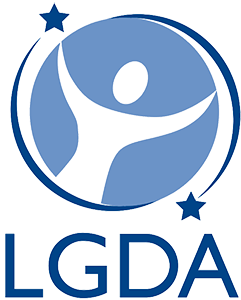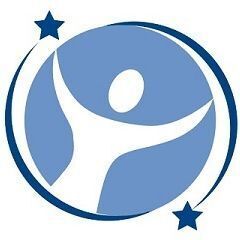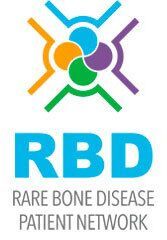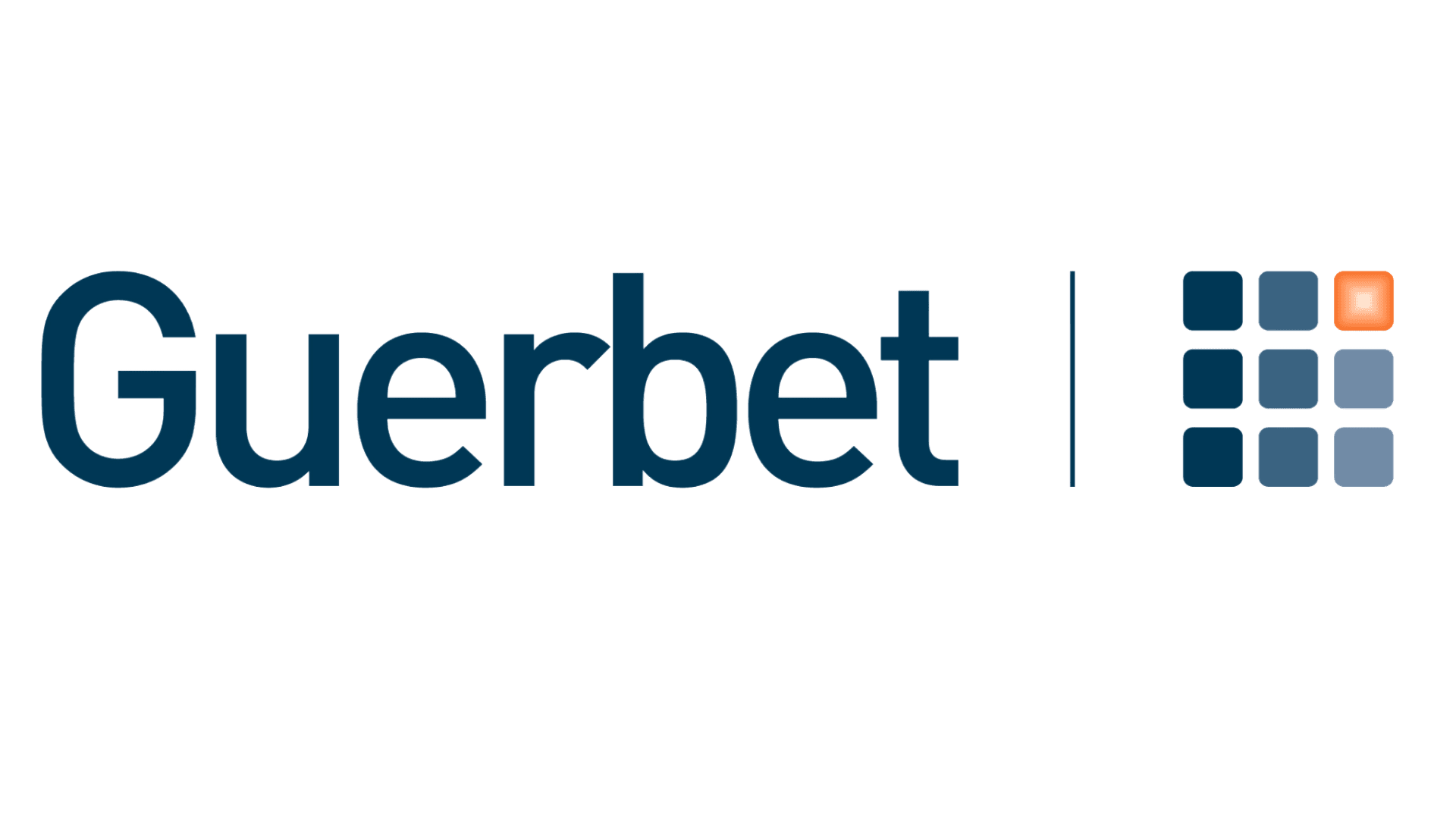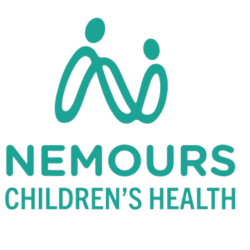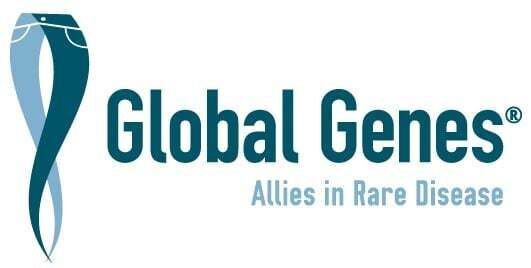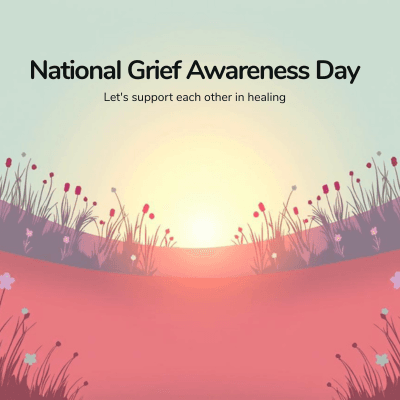
August 30 is National Grief Awareness Day — a day to acknowledge the many ways people experience loss, to offer compassion to those grieving, and to share resources for healing.
National Grief Awareness Day is a reminder that grief has no set timetable, and that support, understanding, and patience are vital for those navigating life after such a loss.
Why National Grief Awareness Day is Important
It raises awareness
Many people — both those who have and those who haven’t experienced significant loss — don’t always understand what grief truly is or how to cope with it. Raising awareness helps the wider public better support those who are grieving and equips people with tools they may need when they encounter grief themselves.
It saves lives
For some, grief can lead to dangerous levels of isolation, despair, and depression. This day serves as a reminder that no one should walk through grief alone — there is always light at the end of the tunnel, and support is available.
It offers resources
Finding the right help can be difficult when you are in the midst of loss. National Grief Awareness Day connects people with emotional, psychological, and practical resources to help them navigate life after bereavement.
The Unique Weight of Losing a Child
The death of a child can change everything — your priorities, your sense of identity, and even your understanding of the world. Many bereaved parents describe it as losing a part of themselves.
It is not unusual to be left with complicated questions, feelings of guilt, or moments of disbelief long after the funeral is over. Even in cases where a child’s death was expected due to a long illness, the reality can be painfully difficult to accept.
Throughout this blog, we’ve included quotes from a father’s deeply personal account of losing his daughter to a complex lymphatic anomaly, sharing his insights and emotions as he began his journey of coping with grief. You can read Travis’s full story here: Read Elsie’s Journey.
Coping with the Loss of a Child
Grief changes over time - Even if the death was expected, it can be incredibly difficult to accept. It’s normal for grief to shift in “shape and texture” as time passes.
“Losing a child is in many ways a death as you lose a major part of you. Do not expect it to resolve any time soon… Remember you will have good and bad days. The struggle is real and it can be debilitating at times.”
Manage guilt with care - Parents often feel they could have done more, even when they did everything possible. Be gentle with yourself.
“I can say that I gave her my all, everything I had. However, I was still unable to fix her, and that eats at me a bit to this day… I understand I did all I could do, but being unsuccessful in the most important battle of my life still doesn’t sit right with me.”
Honour their legacy - Many parents find comfort in keeping their child’s memory alive through volunteering, fundraising, or projects in their name.
“Now that they are gone, we become caretakers of their legacy. Supporting others can be the elixir to healing.”
Mark special dates - Birthdays, anniversaries, and other meaningful days can be challenging — find ways to remember your child that feel right for you.
“There is so much about Elsie that is deeply embedded within me. I still see her, feel her, hear her as if we are dancing to music… When you are in tune with and providing such an intensive level of care, their loss is compounding.”
Connect with others who understand - Grief can be isolating, but finding others who have experienced similar loss can bring comfort and understanding.
“The caretaker experience is a lonely one… Yet, at my core, I’ve always served community. I have found a few opportunities to do so and I found value in that.”
How We Can Support Those Grieving
- Listen without judgement — sometimes just being present is more valuable than any words.
- Acknowledge their child — speak their name, share memories, and honour their life.
- Be patient — grief is not linear, and it never fully ends.
- Offer practical help — meals, childcare, errands — without waiting to be asked.
A Space to Share and Remember
If you have lost a loved one to a complex lymphatic anomaly, we welcome you to share their story for our In Memory Of section — a heartfelt space on the LGDA website where we honour their life, cherish their memory, and ensure their legacy continues to shine - email support@lgdalliance.org.
This National Grief Awareness Day, let’s take a moment to remember children gone too soon, honour their legacies, and reach out to parents who carry their memory in everything they do.
Mental Health Resources;
- RareMinds is a pioneering nonprofit organization based in the UK, offering specialized counselling and psychotherapy services specifically for the rare disease community.
- Dr. Al Freedman PhD, is a licensed psychologist with a specialized practice serving patients and families affected by rare diseases and complex medical conditions with clients across 40 states in the USA.
